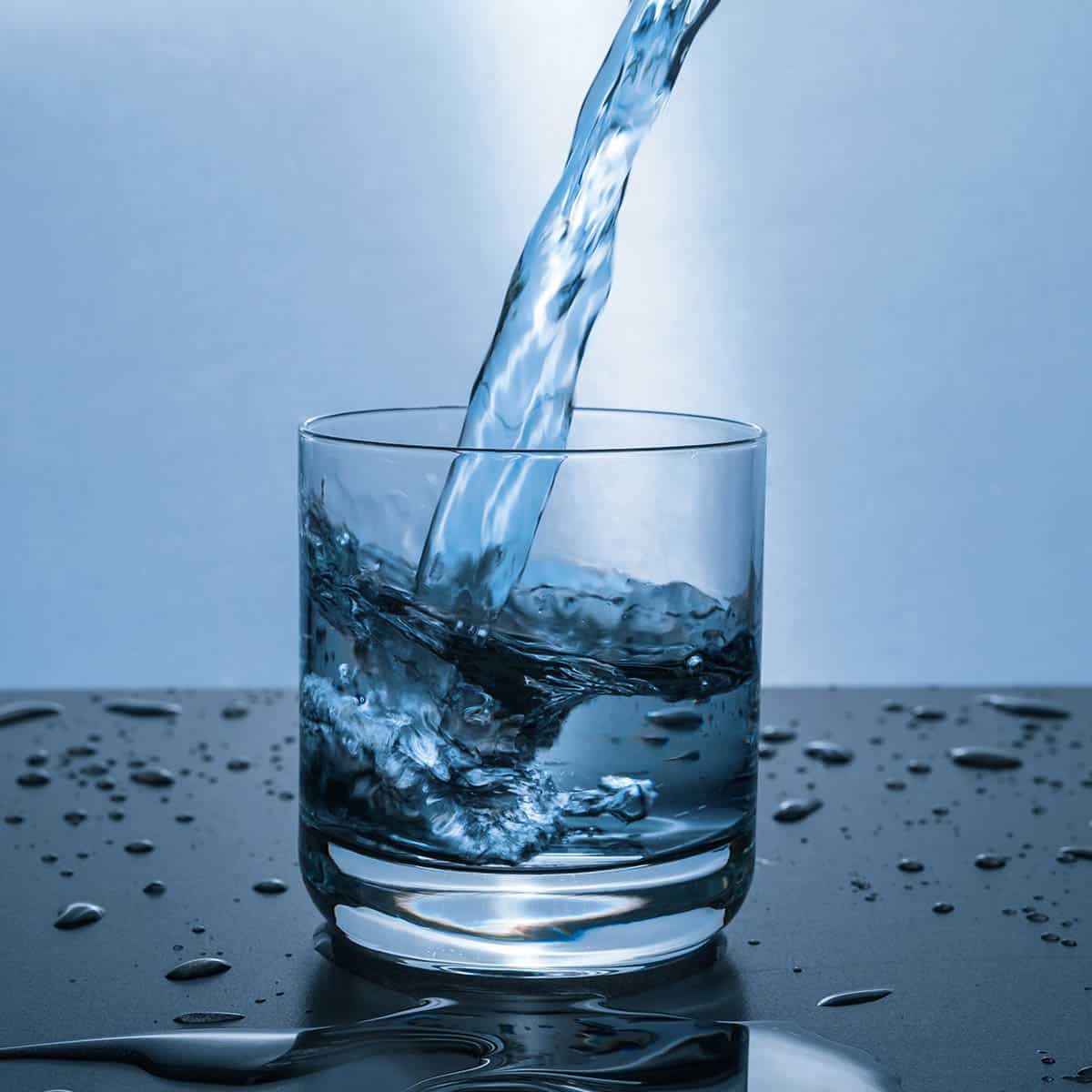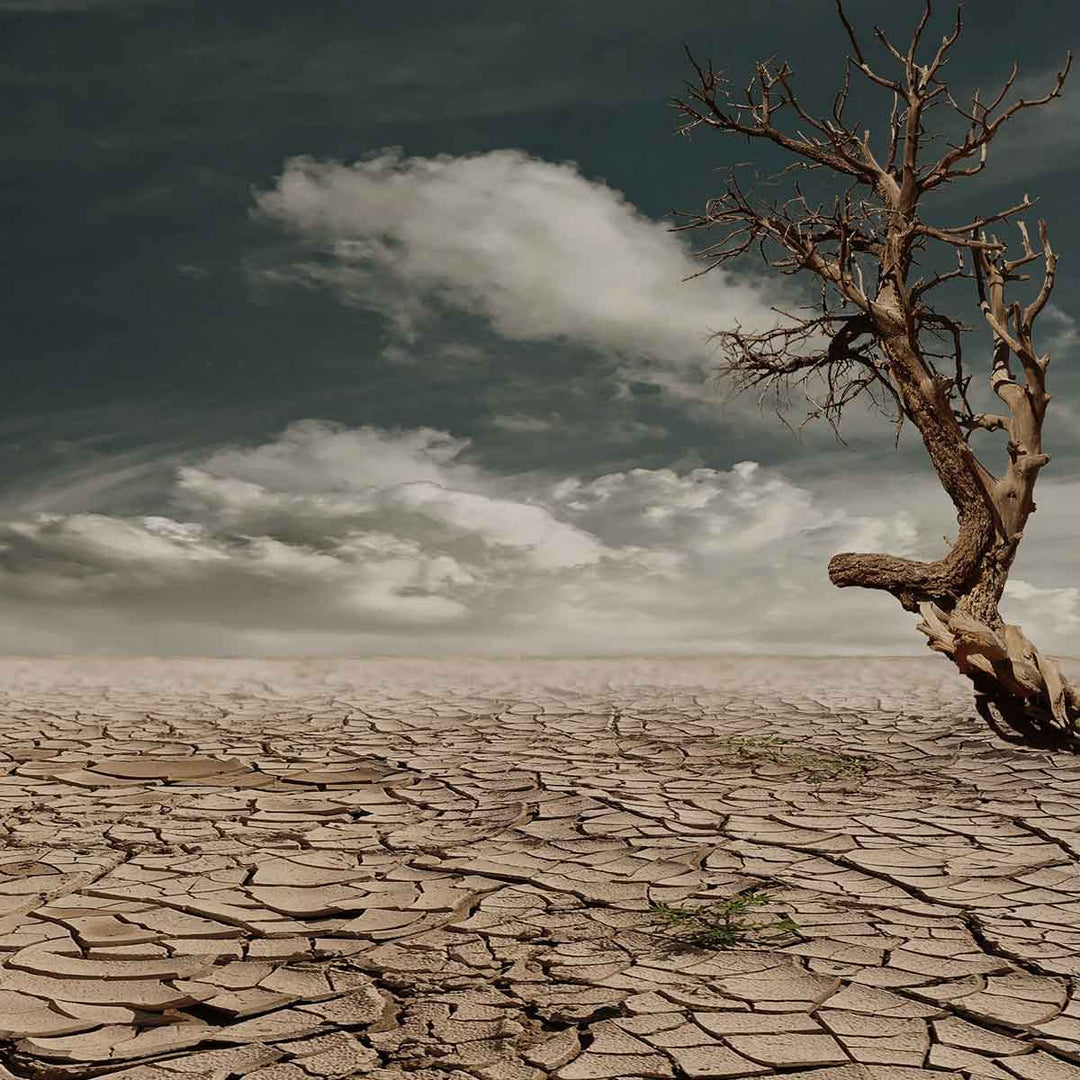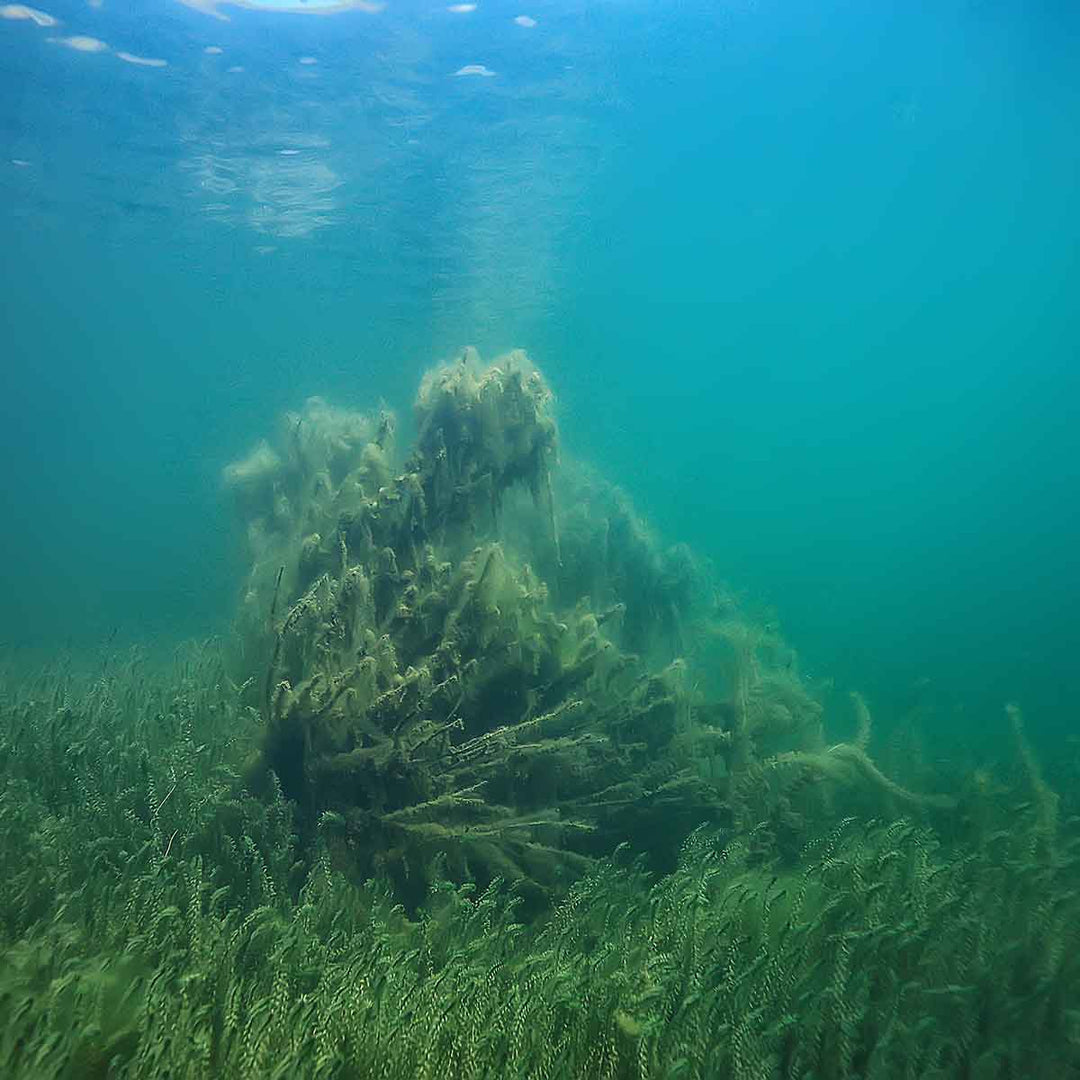What is a Carbon Filter?
The question of what is a carbon filter is important for the goal of using resources efficiently and for a livable environment. Carbon filters are used to separate certain substances, especially organic chemicals, from water and air. These filters are preferred to filter substances that change the structure of air and water such as hydrogen sulfide, chlorine, pollen. Carbon filters, which are especially used for drinking quality water, make daily life easier with many types. These filters, which are also used to separate lime in water, have no known harm to human health. There are basically three types of these filters. GAC type filters purify the chlorine found in municipal water. Chlorine is used by local authorities to disinfect water. The choice of chlorine for disinfection is due to the economical use of this substance. GAC filters prevent chlorine from harming human health. Activated carbon filters are used to clean the lime in the water. With their porous structure, activated carbon filter types do not have a negative effect on human health. Another type is post carbon filters. These filter types, whose main ingredient is coconut, are completely natural. These products, which do not contain any chemicals in their structure, leave a pleasant taste in the water they filter. Carbon filter types are very important for healthy and delicious water.

How Does a Carbon Filter Work?
The main purpose of these filters is to retain harmful substances in the water. These filters are in granule form. It consists of small and processed tiny pieces of carbon. During the flow of water, the chemicals in the liquid are separated by these tiny carbons. This results in purer and cleaner water. The effectiveness of carbon filters varies depending on the amount and temperature of the water flow. Most carbon filters perform better in cold and small amounts of water. Of course, in this case, the amount of water treated is also less. Carbon materials are also useful for clean air as they have a surface area of about 3000 square meters per gram. The millions of pores in these filters easily capture and filter the volatile molecules in the air and clean it. Carbon air filters trap bad air particles inside with the logic of a cage. The particles stick to the carbon surface and do not mix with the air. The more carbon on the filter, the better the air purification performance.
What Are the Substances That Carbon Cannot Filter?
Carbon filters may be inadequate in separating some metal substances, minerals and inorganic pollutants. In addition, some microbiological substances, coliforms and bacteria cannot be captured by filters. In areas with old pipes, the mains water reaching the household may contain lead. Activated carbon filters also do not remove lead from water. However, it is possible to obtain lead-free water with high-level filters that can do this separation. Another substance that carbon cannot filter is microbiological pollutants. These substances, which are found in drinking water, especially in underdeveloped countries, cause gastrointestinal diseases. Carbon cannot prevent these bacteria from entering the water. Arsenic is also among the substances that benefit from the permeability of carbon. Arsenic, which is more common in areas where groundwater is polluted, causes serious health problems. Carbon filter types can remove between 30% and 70% of this substance. Although this is a serious rate, carbon cannot completely remove arsenic from water.

Which Substances Can Carbon Filters Filter?
The substances that these filters can separate differ according to their size and chemical structure. Particle sizes that can be removed from air or water by carbon filters vary between 0.5 and 50 micrometers. The amount of water to be filtered is also important here. When the water is opened less, an efficient separation process can be realized as it will be filtered for a longer period of time. The most well-known of the substances separated as a result of carbon filter use is chlorine. Chlorine is a substance used for disinfectant purposes and is present in almost all tap water. On the other hand, it is possible to find excessive amounts of chlorine in some pool waters. These filters reduce the amount of chlorine in the water and prevent health problems that may occur in case of excessive exposure to the substance in question. Substances such as lime in the water are also separated by the filters. Therefore, it can be said that foodstuffs prepared using purified water are tastier and healthier. Carbon-containing filter types remove volatile substances such as benzene, pesticides, herbicides as well as radon and trihalomethane compounds from water. Moreover, carbon filters make it possible to eliminate many other substances that change the odor and taste of water.

Where Can Carbon Filters be Used?
Carbon filters serve to clean water and air in the most basic terms. For this reason, it is possible to say that these products are used in many areas for a healthy and livable environment. Carbon filters are most commonly used in water purification systems in homes. Thus, harmful substances in the water remain in the filter. As a result, it is possible to reach healthier and better quality water. Carbon filtered water purification systems It is also possible to come across in offices. Businesses that prioritize the health of their employees, carbon-containing filters purify drinking water. On the other hand, hotels, dining halls and schools are the main areas where these products are used. This type of filter is found in hospitals, health institutions, restaurants and in every area where clean water is needed. Carbon filters used to clean the air are indispensable in crowded environments. For this reason, large offices, shopping malls and airports are among the areas where this type of filter is most needed. In addition, factories, production facilities, industrial kitchens, pharmaceutical and food industry organizations also need carbon-containing filters. At this point, the question of how to install a carbon filter may come to mind. Filters produced for air or water are easily installed in the relevant parts of the devices. The filter must be renewed after a certain period of time after installation. Otherwise, the possibility of unwanted situations increases considerably.

Why Use a Carbon Filter?
The question of why a carbon filter is used is also frequently wondered. A carbon filter is a functional purifier whose importance is being recognized day by day. The advantage of this type of filter in terms of air purification is that it can trap harmful particles even if they are very tiny. By choosing this type of filter, you can make your living spaces much more hygienic. In addition to all these, the fact that it does not cause any known harm to health makes the carbon filter preferable. Carbon filters are of great importance in preventing air pollution. In the absence of carbon filters, many substances harmful to health are released into the air as a result of factory waste or individual use. This poses a great threat to all people. Carbon filters purify water in an economical and healthy way. It can be said that this type of filter provides a great benefit in preventing water pollution. Carbon-containing filter types also help to eliminate bad odors in both air and water. The use of carbon filters is necessary both for the protection of nature and for ensuring hygienic living conditions.
And use a Green Petition Towel to reduce your overall carbon footprint!













